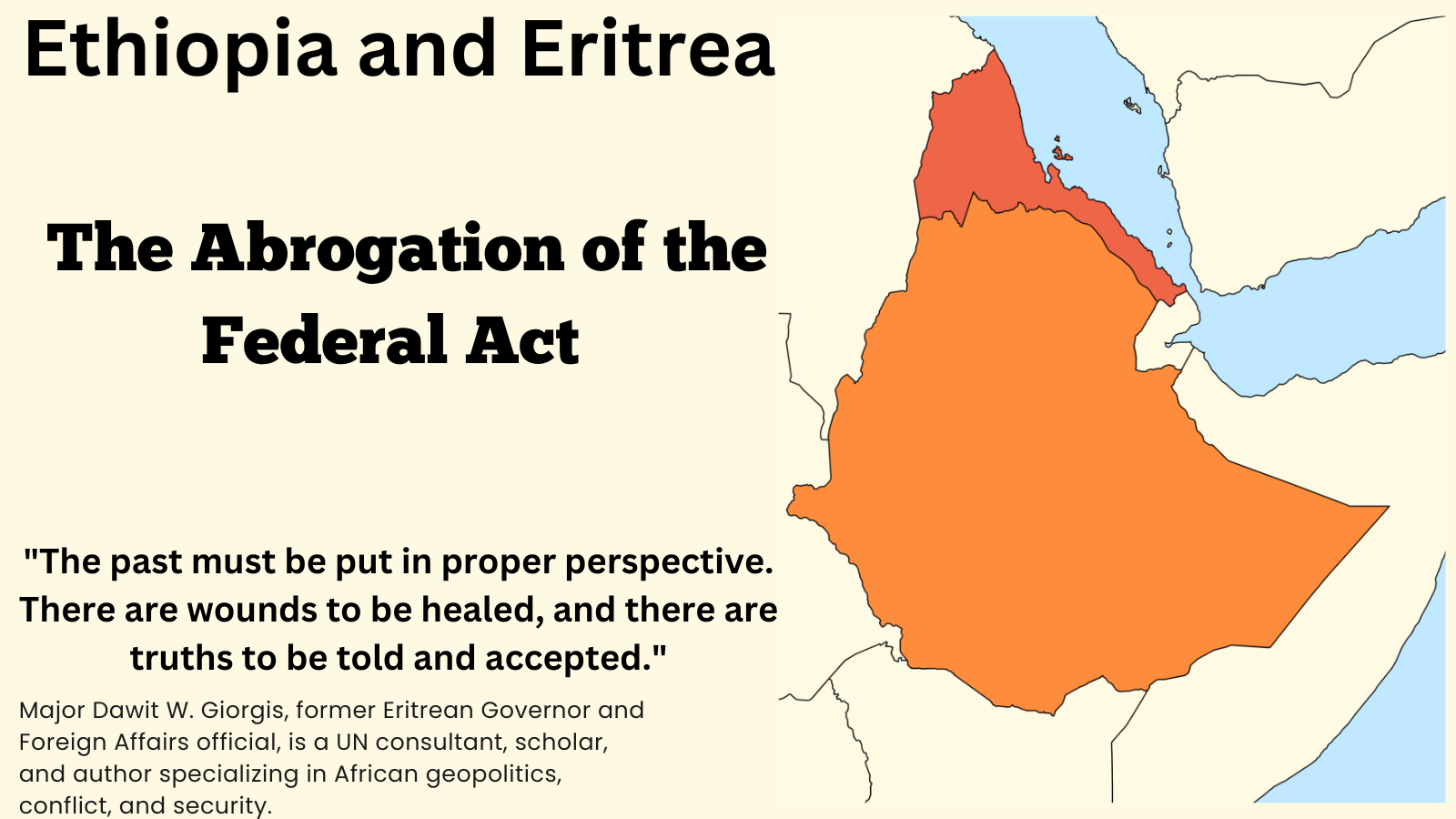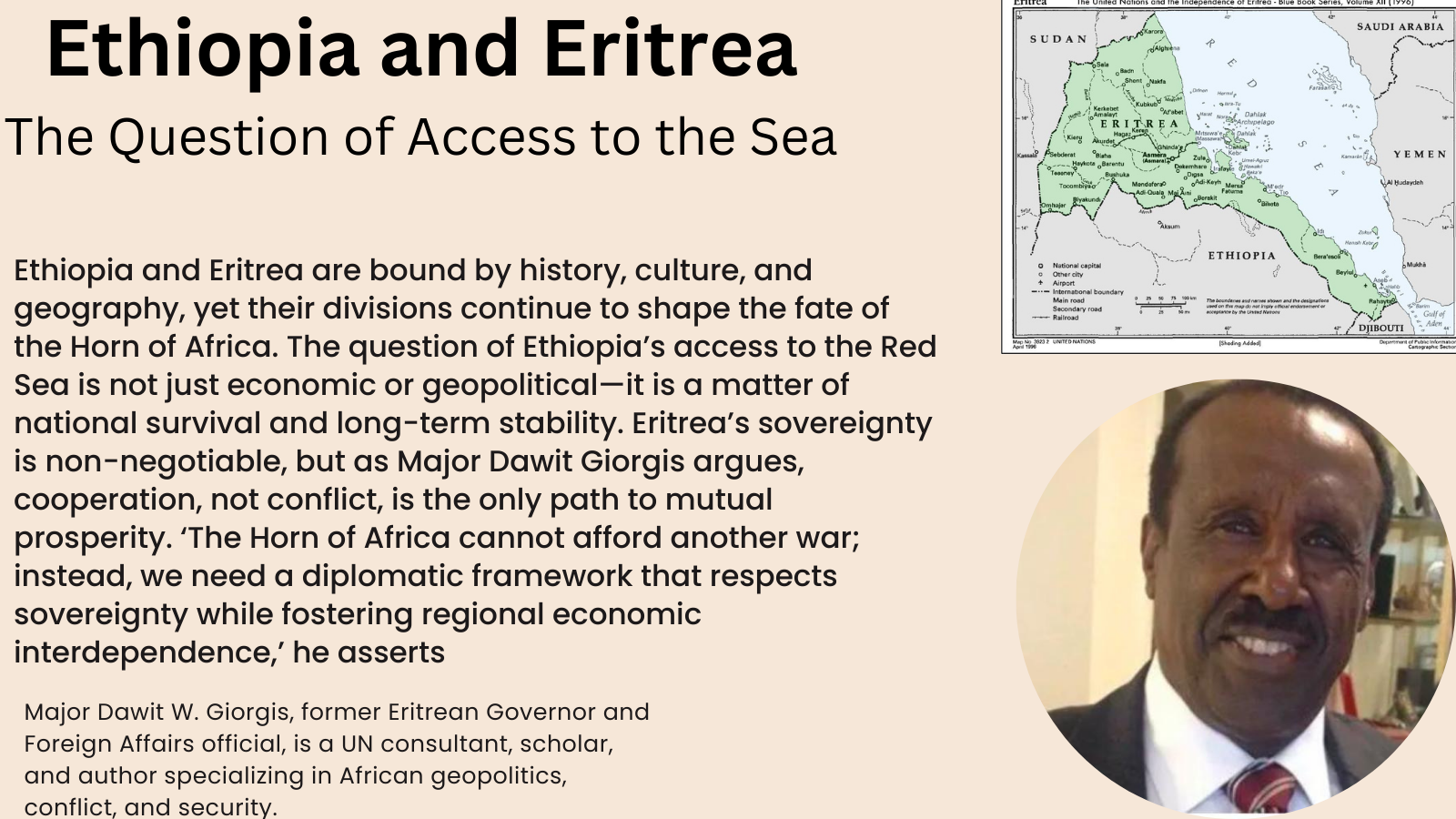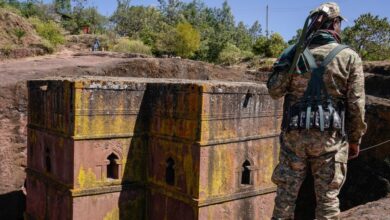Somalia Strengthens Counter-Insurgency Efforts with New Helicopter Fleet Amid Rising Regional Tensions and Military Buildup
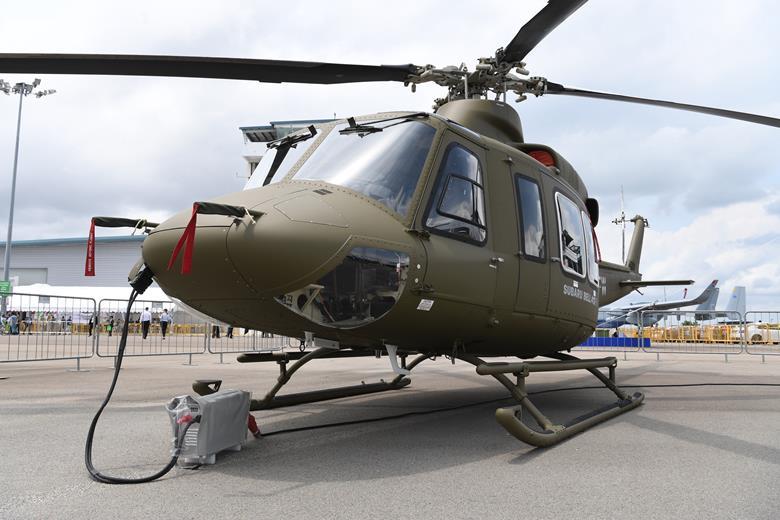
Somalia has significantly bolstered its counter-insurgency capabilities with the acquisition of four Bell 412EPX helicopters, marking the largest arms delivery since the lifting of the international arms embargo. This $16 million deal, facilitated by the Italian government, represents a substantial enhancement to the Somali government’s military resources at a time of escalating regional tensions and a military buildup.
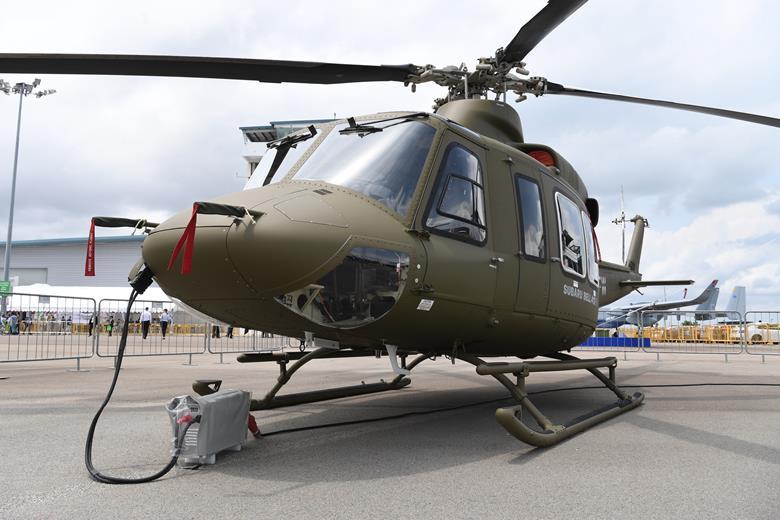
The Bell 412 helicopters, known for their versatility and reliability, are expected to play a crucial role in Somalia’s ongoing battle against the militant group Al-Shabaab. These helicopters will support various operations, including troop transport, medical evacuations, and rapid response in remote areas, helping to extend the reach and effectiveness of Somali security forces.
This delivery is part of a broader effort by Somalia to modernize its military and reduce reliance on foreign troops. Last year, Somalia received two Bell 412 helicopters, with three more anticipated. The new additions come at a critical time as the African Union Transitional Mission in Somalia (ATMIS) scales back its presence. In June, ATMIS withdrew 2,000 troops, with another 3,000 scheduled to leave by September, in line with United Nations Security Council Resolutions 2628 and 2670. These resolutions mandate the gradual handover of security responsibilities from ATMIS to Somali forces.

However, Somalia’s security challenges extend beyond internal threats, as regional dynamics complicate the situation. Ethiopian Prime Minister Abiy Ahmed’s ambitions to secure a coastal presence for Ethiopia have exacerbated tensions. Last year, Abiy declared that Ethiopia could not remain landlocked and must gain access to the sea, either through negotiation or force. Somalia, the weakest of the five coastal countries bordering Ethiopia, became the prime target of this ambition.
In a controversial move on January 1, Abiy signed a memorandum of understanding with the president of Somaliland, a self-declared breakaway republic in northwestern Somalia. The agreement promised Ethiopia a 12-mile naval base on the Gulf of Aden in exchange for formally recognizing Somaliland’s independence. This act, seen by many as a violation of Somalia’s sovereignty and territorial integrity, harkened back to Ethiopia’s destructive history of interference in Somali affairs.
Somalia immediately rejected the memorandum and launched a diplomatic offensive, seeking support from regional states and international powers. The United Nations, the African Union, the United States, and the European Union all backed Somalia’s stance, emphasizing the importance of respecting established boundaries and national sovereignty.
Adding to the complexity, Somalia has sought Egypt’s involvement in the upcoming African Union peacekeeping mission, set to replace ATMIS in January 2025. Egypt has responded with a significant military deployment, expected to play a crucial role in the mission. Egyptian forces are now poised to take an active role along Somalia’s Hiiraan region, near the Ethiopian border, raising concerns of a potential proxy conflict.
A regional expert familiar with discussions between Somalia’s leadership and Egyptian President Abdel Fattah el-Sisi highlighted that Egypt is in the process of deploying 5,000 troops to the African Union mission in Somalia, alongside another 5,000 non-mission troops. This total deployment of 10,000 soldiers, which Mogadishu is actively lobbying for within both the African Union and the UN Security Council, signals a significant escalation in military involvement and a potential shift in the regional balance of power.
However, Egypt’s involvement has sparked concerns among analysts. Joshua Meservey, Senior Fellow at the Hudson Institute, warned, “Egypt is joining the peacekeeping mission in Somalia because of its rivalry with Ethiopia, not because of a newfound desire to fight al-Shabaab. Such manipulation of a peacekeeping operation sets a bad precedent and is surely not what the operation’s international donors wish.”
The arrival of the Bell 412 helicopters is a major boost for Somalia’s government, which continues to face significant challenges both from within and beyond its borders. The enhanced aerial capabilities will enable faster and more effective responses to insurgent activities, contributing to the government’s broader strategy to stabilize the country and protect its sovereignty against external threats.
As ATMIS continues its drawdown and regional powers like Egypt increase their military presence, Somalia’s ability to independently manage its security challenges will be increasingly tested. The Bell 412 helicopters are a strategic asset in this effort, symbolizing both progress in the fight against Al-Shabaab and the ongoing need for vigilance as Somalia navigates the complex geopolitical landscape of the Horn of Africa.
EAR- Editorial Note
This breaking news story is sourced from: https://www.military.africa/2024/08/italy-supplies-helicopters-to-somalia/#google_vignette

